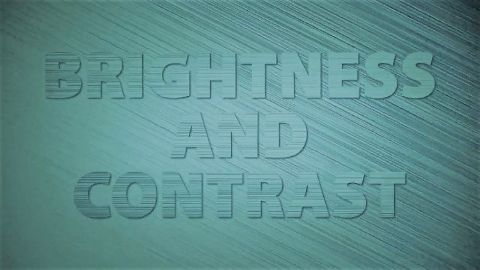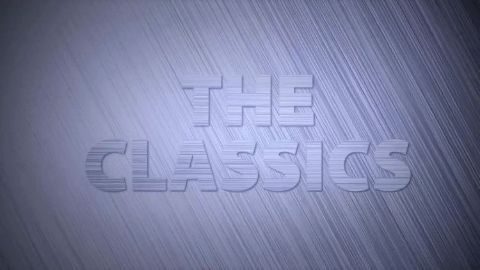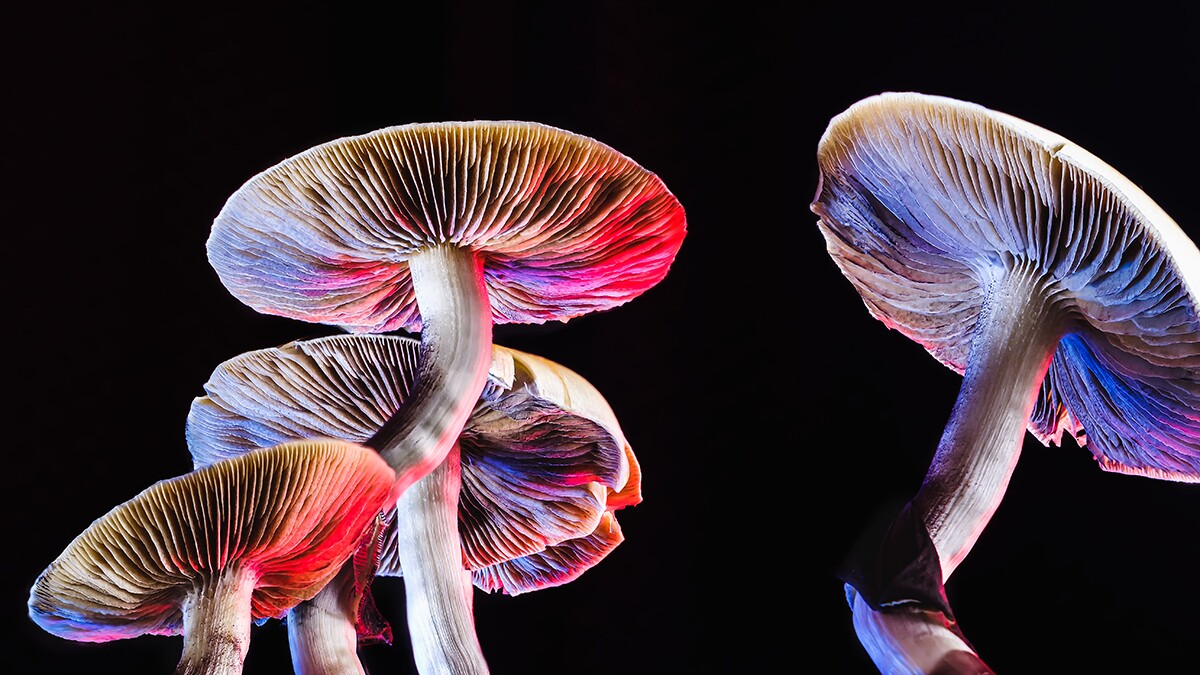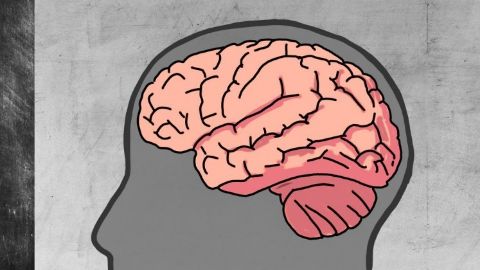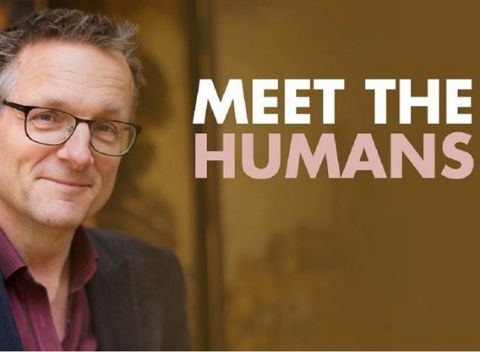Illusions • 2017 • 8 episodes •
Part 1 of this eight-part series of shorts introduces the world of the visual scientist. Beyond boggling your mind, Prof. Arthur Shapiro explains how and why you see what you see -- and what part of what you see is actually "real", as opposed to how your mind fills in the blanks.
2017 • Brain
In part 2, Prof. Arthur Shapiro takes us through visual illusions that show how our brain processes retinal impressions from light and dark. Watch as things "move" while they are standing still. It will be hard to believe your eyes after watching this program!
2017 • Brain
Artists like M.C. Escher played with our visual perception in their art. In this 4th installment of the series, Prof. Arthur Shapiro returns to the classic visual illusions that show us that what we see is not exactly in plain sight.
2017 • Brain
Professor Shapiro shows us how some images can prompt two, or even three, equally valid interpretations. Rather than settling on one interpretation, our brains tend to switch among all of them – leading to some baffling and astonishing visual experiences.
2017 • Brain
Professor Shapiro shows us a range of objects that seem simple and unremarkable at first glance, but which on closer examination simply cannot be constructed in reality – or are not at all what they seem.
2017 • Brain
Professor Shapiro reaches back into history to show that artists, architects and mathematicians have also employed visual “tricks” to baffle and entertain us by manipulating perspective and challenging our ideas of what is real and what is fake.
2017 • Brain

